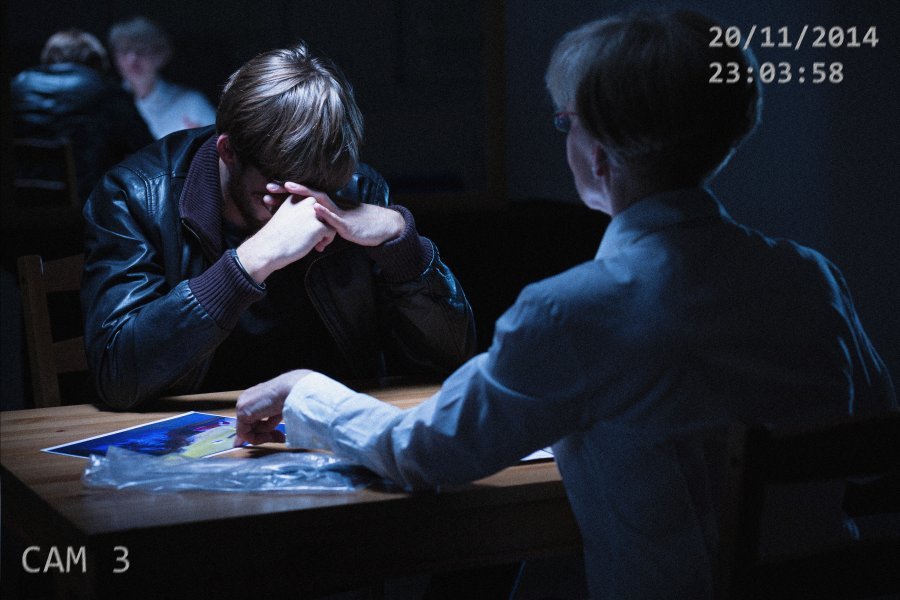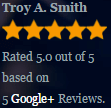If you’ve confessed to a crime you didn’t commit, you are not alone. Statistics show that of one out of every four confessions given are false confessions. The reasons for admitting to a crime you didn’t commit are many, but there are steps you can take to minimize the damage of a false confession.
What are False Confessions?
A false confession is when a suspect admits to committing a crime that was committed by someone else. It’s widely believed that an innocent person would never confess to committing a criminal act. The truth is, it’s much more common than most people think.
Why do People Give False Confessions?
Suspects incriminate themselves falsely for many reasons. Some of these include:
- To protect a friend or family member
- The threat of a lengthy prison sentence
- Coercion, duress or violent interrogation
- Impairment by drugs, alcohol or anxiety
- Diminished mental capacity or mental illness
- Misunderstanding of the circumstances or legalities
- Promises of a lighter sentence or better treatment by police
Damage Control – What to do if You Have Given a False Confession
When you realize you’ve falsely confessed to a crime, it’s crucial that you do not continue to claim responsibility. Refuse to speak to the police any further without an attorney present. Most people naturally assume that refusing to talk openly to the police infers guilt. You must fight this inclination and do what is best for your case.
If by chance the police never read you your Miranda rights, make a mental note. Nothing you said could be used against you in court if you weren’t read your rights first. Mention this to your attorney as soon as possible.
Do not agree to a polygraph test to prove your innocence after giving a false confession. The results of the polygraph test could do more harm than good. The results will not be admissible in court either.
How Can Your Attorney Defend You After a False Confession?
First, you must give your attorney every detail you can remember from your interrogation. Did the police use physical violence or threaten harm to you or your family? Was the questioning grueling, lasting for many hours under uncomfortable or torturous conditions? Were you deprived of water or food during that time? These conditions could have made you vulnerable to suggestion.
Also, tell your attorney about any detail the police disclosed to you about the crime that was not yet made public. Police providing specific information to suspects under duress is often how false confessions result.
Make sure to tell your lawyer if you missed taking a dose of any prescription medications you regularly take. Also, make sure you disclose to your attorney if you were under the influence of any drugs or alcohol during the interrogation. Was any medical condition or impairment of your cognition likely at the time of questioning? Your attorney might be able to use this to defend you in court. Your lawyer may bring your educational level and mental health history into question. Avoid taking offense to this. Be honest about any past episodes of mental illness, learning disabilities or anything else that may help your case.
Tactics Your Attorney Can Use to Defend You in Court
Filing a motion with the court to suppress your statement based on the fact that your confession was involuntary is an option. Few judges ever comply with these motions. However, it is not a waste of time. The court must conduct an evidentiary hearing. The detectives who interrogated you must appear in court and testify regarding the details of your questioning. Although they will undoubtedly claim that the confession was voluntary and not coerced, it is best for your attorney to know what they will say in court to prepare your defense.
Hiring an expert witness who regularly testifies in cases involving coerced false confessions can also be helpful in assembling your defense. A well-educated expert witness can help overcome the jury’s natural disbelief regarding false confessions. He or she will offer insight into the reasons that people sometimes make false admissions of guilt that jury members otherwise would not understand.
In-depth analysis of your interrogation and subsequent false confession is vital. Inform your lawyer if the police disclosed any information that you otherwise would have had no way of knowing.
Of course, DNA evidence, witnesses, and proof that places you elsewhere during the time that the crime was committed can all help support your claim that your confession is, indeed, false. Make detailed notes recalling as much of your interrogation as possible. Write a complete description of your whereabouts and activities when the crime was committed. Search your memory for any corroborating evidence or potential witnesses who can place you at another location if possible.
Although it will be a challenge to successfully retract a false confession, with a competent attorney’s help, there is still hope that justice will prevail. Contact us today at (212) 537-4029.












